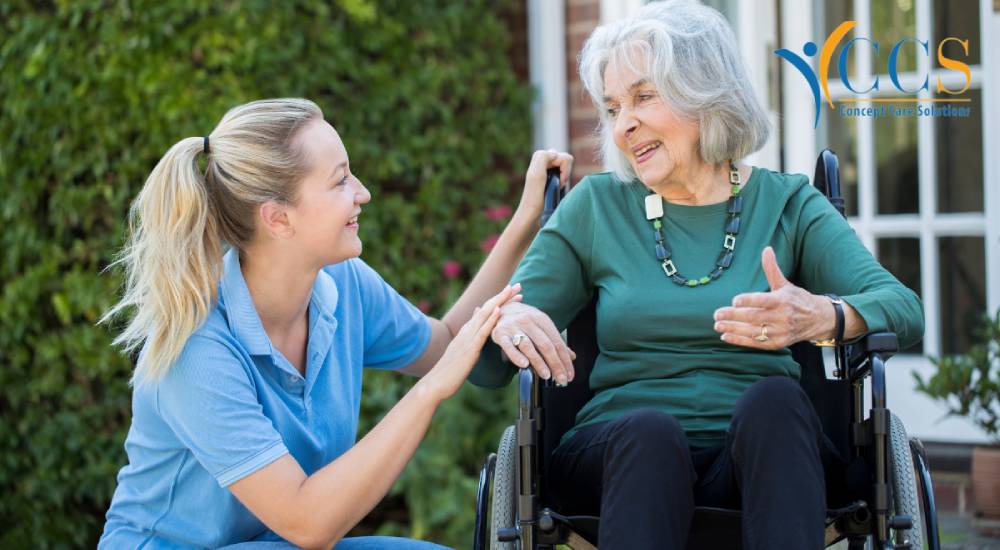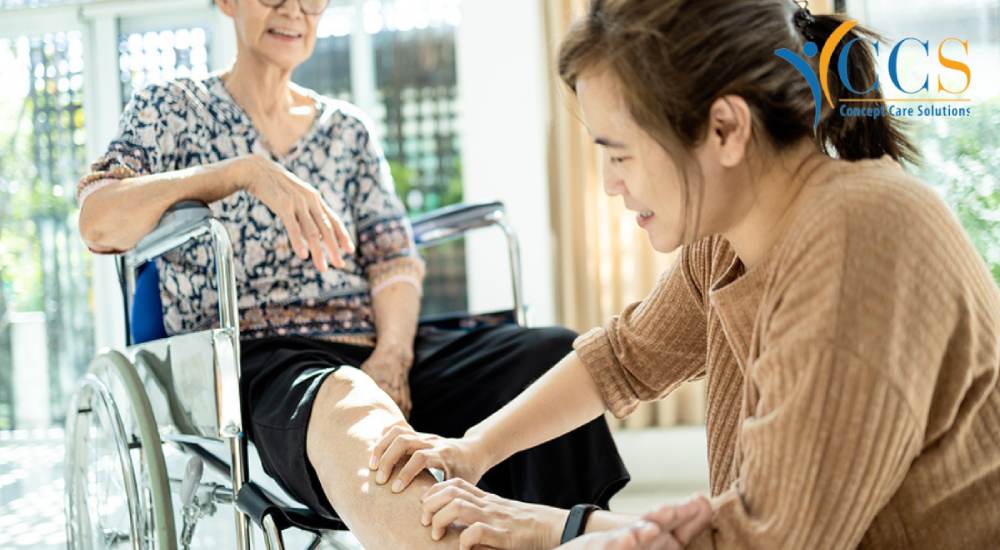Osteoporosis (which literally means ‘porous bone’) is a health condition that weakens your bones, making them more fragile and thus more likely to break.
It’s something that we need to be particularly mindful of as we get older, because bone density starts to change after the age of 50 or thereabouts, with bone breakdown outpacing bone formation. This means that bone loss can then accelerate, particularly during the menopause (which is why women tend to be more affected by the condition than men).
Menopause increases the risk for women because oestrogen levels start to fall and also because female bones are usually smaller and less dense, but men are also at risk and there’s also a genetic component to take into account, which can increase the risks as well.
The most common injuries among people with osteoporosis include broken wrists, hips and spinal bones, although they can also happen in other places, such as the arms and pelvis. Even coughs and sneezes have been known to cause breaks, so it’s essential that you know how to manage the condition if it does start to manifest in later life.
Firstly, however, it’s important to know that you can help prevent osteoporosis by engaging in regular exercise to keep your bones strong, following a well-balanced diet rich in calcium and vitamin D, and making lifestyle changes like quitting smoking and reducing alcohol consumption.
Post-diagnosis
Following a diagnosis of osteoporosis, it’s important not to be too worried as the condition is very manageable if you’re careful. Making home adaptations may be necessary, for example, if you want to continue living independently for as long as possible.
This could include lowering handrails, widening doorways, lowering countertops and reducing trip hazards like carpets and rugs, and using anti-slip measures in the bathroom and kitchen areas.
You can also consider taking osteoporosis drug treatments that can help strengthen your bones and reduce the risk of breakages.
It’s certainly worth talking through your options with your GP so you can make the right decision for you and your health. Remember, however, that if you don’t take some form of medication, it’s likely that your bones will weaken over time and your chances of breaking a bone will increase.
Elsewhere, working on your balance can make a big difference, building muscle strength and helping to keep you upright and steady on your feet. Once you’re more steady as you walk and stand, you’ll feel more confident – and this will reduce the chances of you having a slip, trip or fall.
There are lots of exercises you can do at home without any specialist equipment and if you practise them for two or three days a week, you will certainly notice a difference in how you feel.
And, of course, you can always ask a friend, relative or your private nurse to help you at the beginning if you’re really not feeling sure of yourself. A problem shared is a problem halved, after all!





